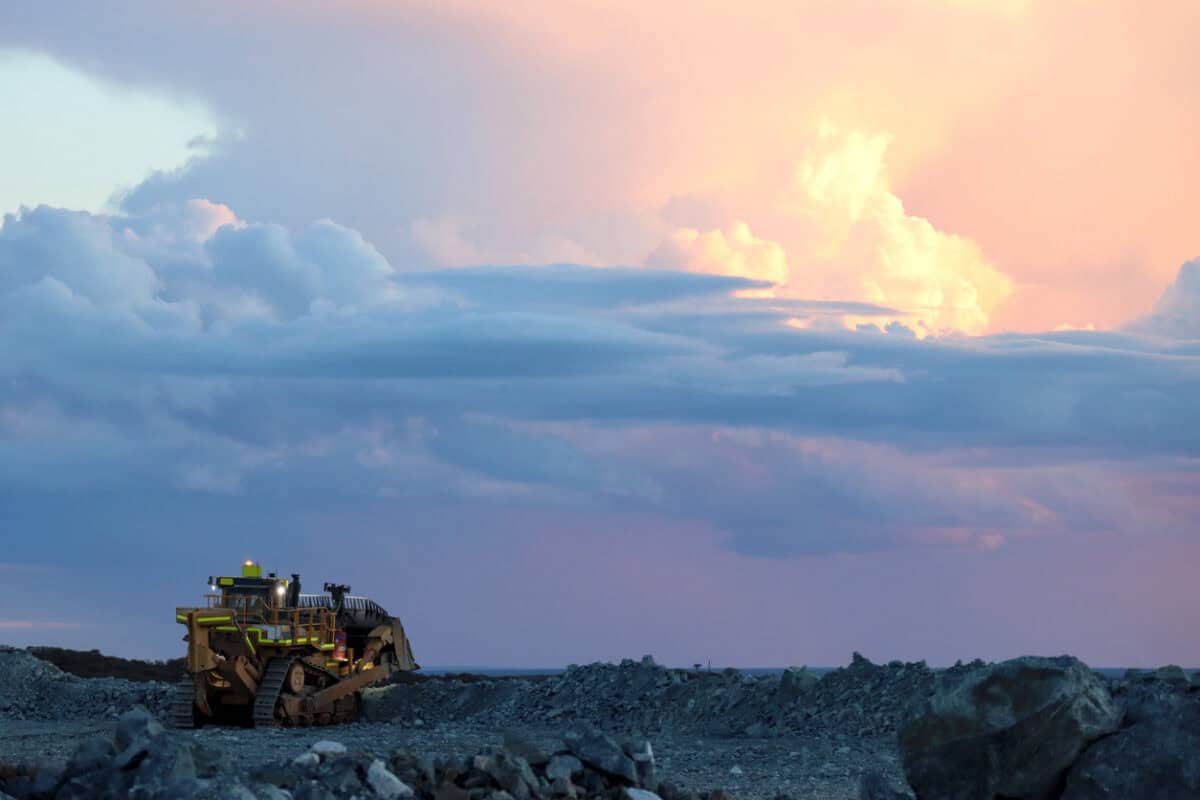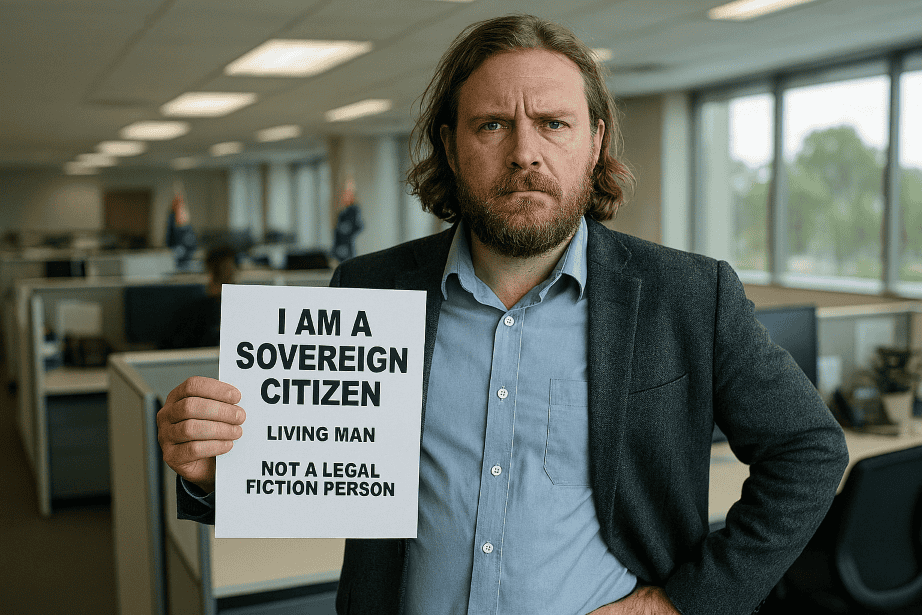Lindsay Fitzclarence‘s travelogue “The Dirty Life of Mining in Australia” is a thought-provoking work that combines social, economic, industrial, indigenous, and environmental perspectives into a journey across Australia. Occupational health and safety (OHS) is one theme, but it is part of many, and the book is better for it.
Category: safety culture
Sovereign Citizens and Work Health and Safety
In Australia, the sovereign citizen movement has gained strength for some time, particularly since the COVID-19 pandemic. It is also, according to The Age newspaper recently, creating administrative problems for the courts – Flash juries and Bible verses: How sovereign citizens clog up Australian courts (paywalled). I began considering how I would manage a worker who held sovereign-citizen beliefs and might object to certain policies and directives used in the occupational health and safety (OHS) context.
Why Global Initiatives Won’t Prevent Workplace Harm
Every few years, a new global initiative arrives promising to reshape corporate behaviour. The Sustainable Development Goals (SDGs) were meant to align business with human well-being. The Global Reporting Initiative (GRI) promised transparency. ESG (Environmental, Social and Governance) reporting was sold as the market‑friendly mechanism that would finally make corporations care about people and the planet.
Yet here we are, decades into these frameworks, and the pattern of harm inside workplaces looks remarkably familiar. Catastrophic failures still occur in companies with immaculate sustainability reports. Precarious work continues to expand. Psychosocial harm is rising, not falling. And the gap between what corporations say and what they do has never been wider.
The uncomfortable truth is that these global initiatives are not designed to prevent harm. They are designed to signal responsibility without redistributing power. And harm prevention, as we know from decades of occupational health and safety (OHS) experience, is fundamentally a question of power.
Bricks + Cheese + Clutter = Safety and Health
Until recently, Donna McGeorge‘s book “Red Brick Thinking” passed me by, but her perspective aligns closely with the occupational health and safety (OHS) concepts of “safety clutter” and the Swiss cheese model.
We let people off the hook when we keep talking about organisations and corporations
Over the last few decades, occupational health and safety (OHS) thinking has emphasised that the tangible hazards and risks at work are primarily created by unsafe systems of work or by poor organisational culture or maturity.
I am not sure that “organisational” is the most appropriate adjective. There are better alternatives: terms that re-humanise the decision-making process and acknowledge that culture comprises people.
What changes does Leadership Require
In the landscape of occupational health and safety (OHS), executive leadership is often framed through the lens of compliance. However, as I and others have long argued, the law is the minimum; leadership must aim higher. Across hundreds of SafetyAtWorkBlog articles, a consistent theme emerges – safety leadership must evolve from bureaucratic oversight to moral accountability.
Continue reading “What changes does Leadership Require”Reframing Military Misconduct as a Safety Failure
The goal of occupational health and safety (OHS) is to prevent harm. The goal of most people is to not hurt others with their actions. However, some industry sectors don’t seem to apply these goals, or they rationalise the harm they cause for various reasons, including the greater good, or a corruption of the greater good.
These industries often include those based on military management processes, such as command and control. The emergency services and defence forces are obvious examples. Over many years, the various emergency service organisations throughout Australia have been investigated for bullying, sexual harassment and toxic workplace cultures.
A new report from the United Kingdom seems to illustrate the lack of progress in that country’s military services.







